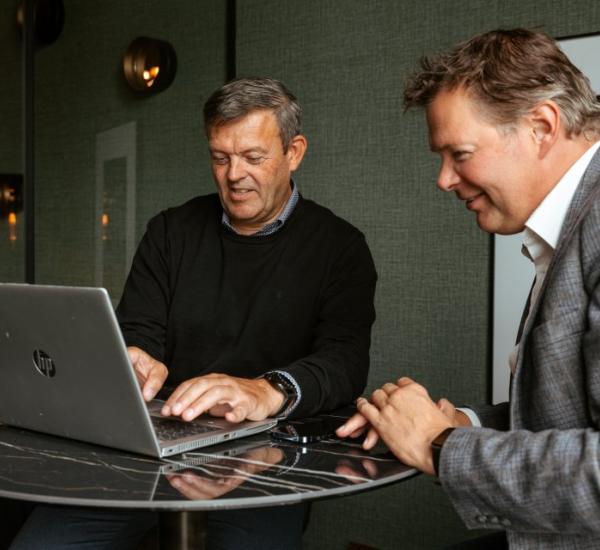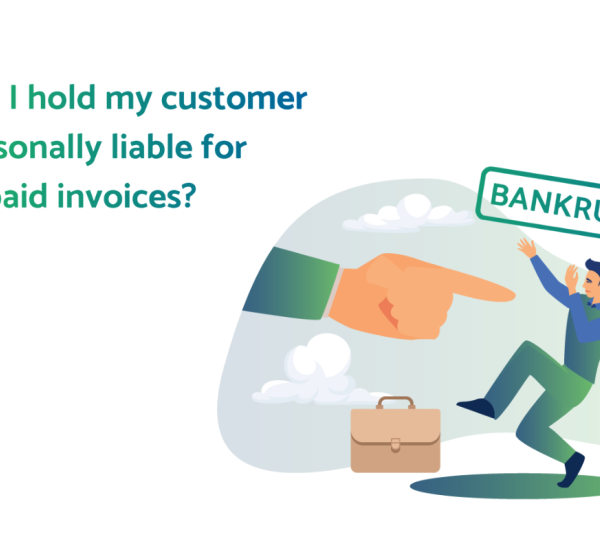After you have submitted your claim, we will send a bailiff to your client within 5 working days. So no more waiting, it's time for real action!
+32 9 396 34 00
Collecting invoices doesn't have to be expensive or time-consuming
No subscription required
Also for small amounts
No exclusivity
Immediate action
Integrations with accounting packages
How it works
The emphasis at Unpaid is on ease of use and efficiency.
Fill in the form
Fill in the form. This should take about 10 min. (Tip: you will need to have your bank card and the outstanding invoice handy.)
Verification
As you fill it in, we will verify whether your case meets the legal conditions. If this is not the case, then we will stop the process and suggest an alternative.
Advance and refund
As a final step, you will need to pay an advance. But don't worry, this will be reimbursed with your payment!
Realizations
+2799 companies
More than 1780 companies joined Unpaid
€ 36 674 924
in unpaid invoices are being collected for our clients
75% of cases fully resolved
Reimbursement was successful in 75% of claims.
84,6%
of our customers are very happy to recommend us
FAQ





























